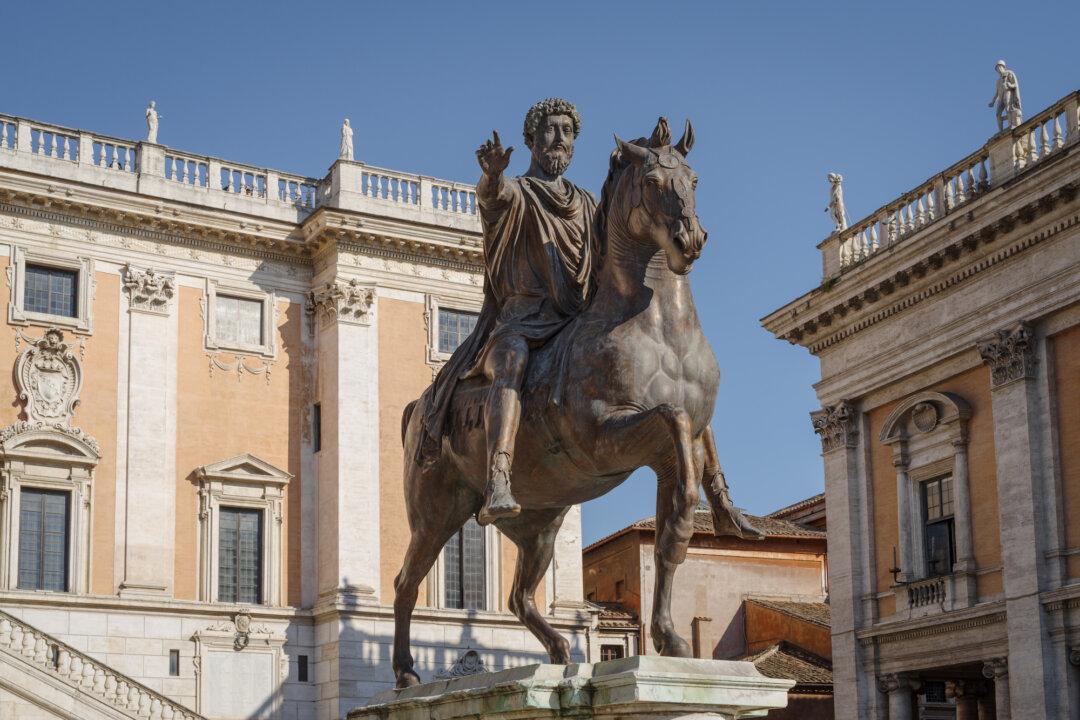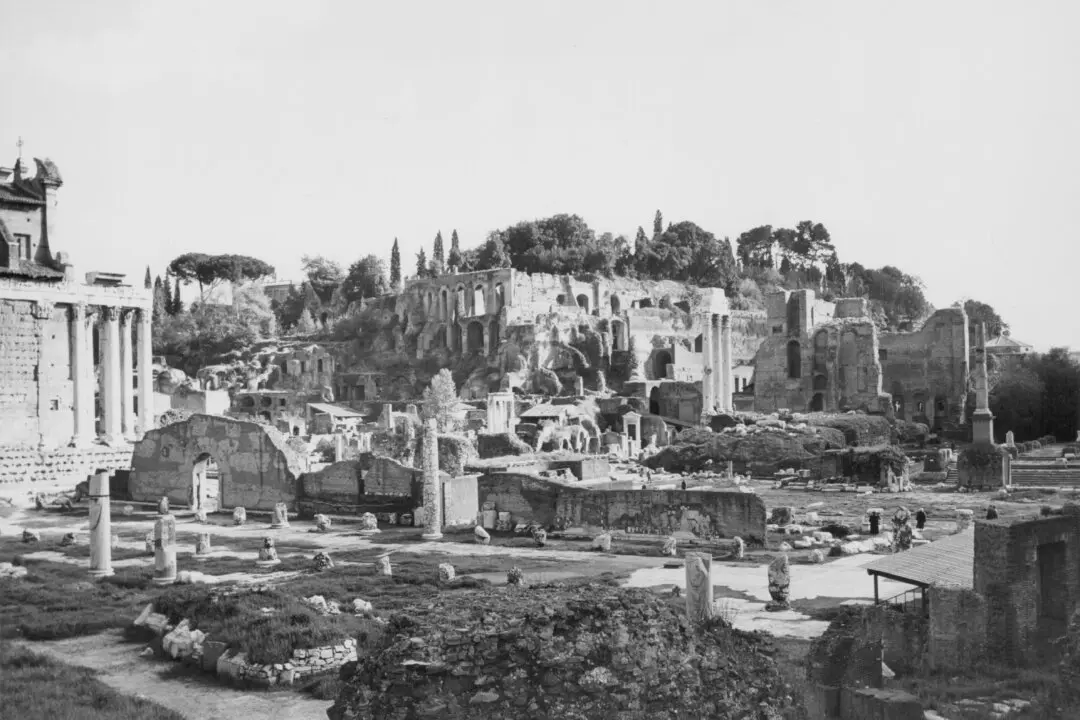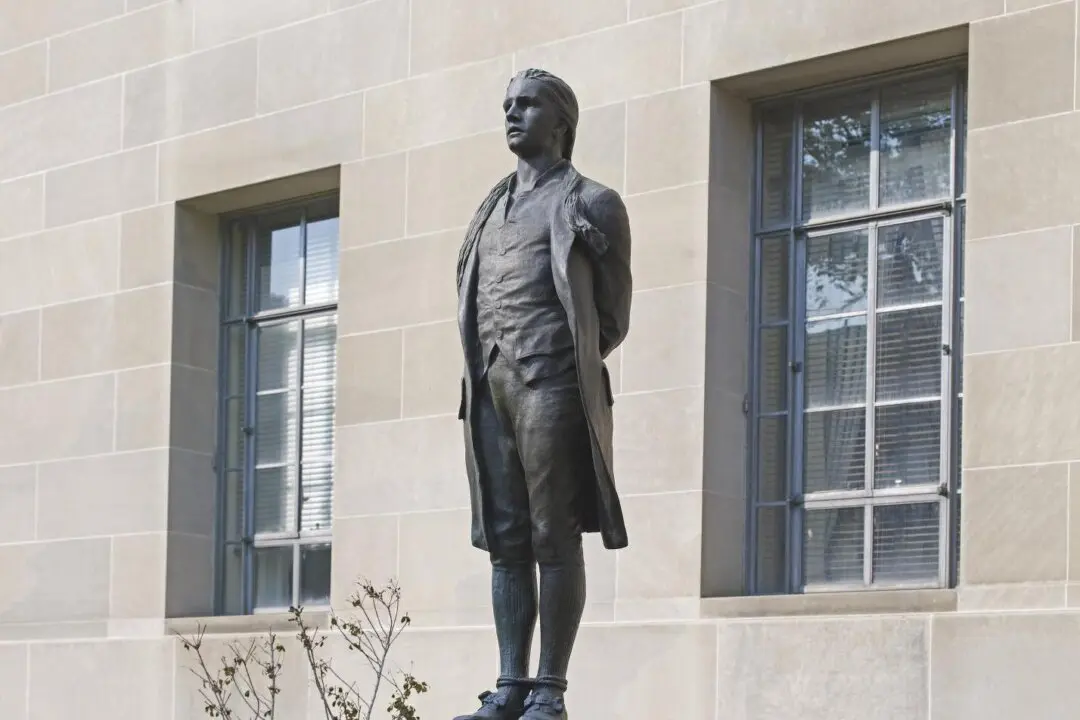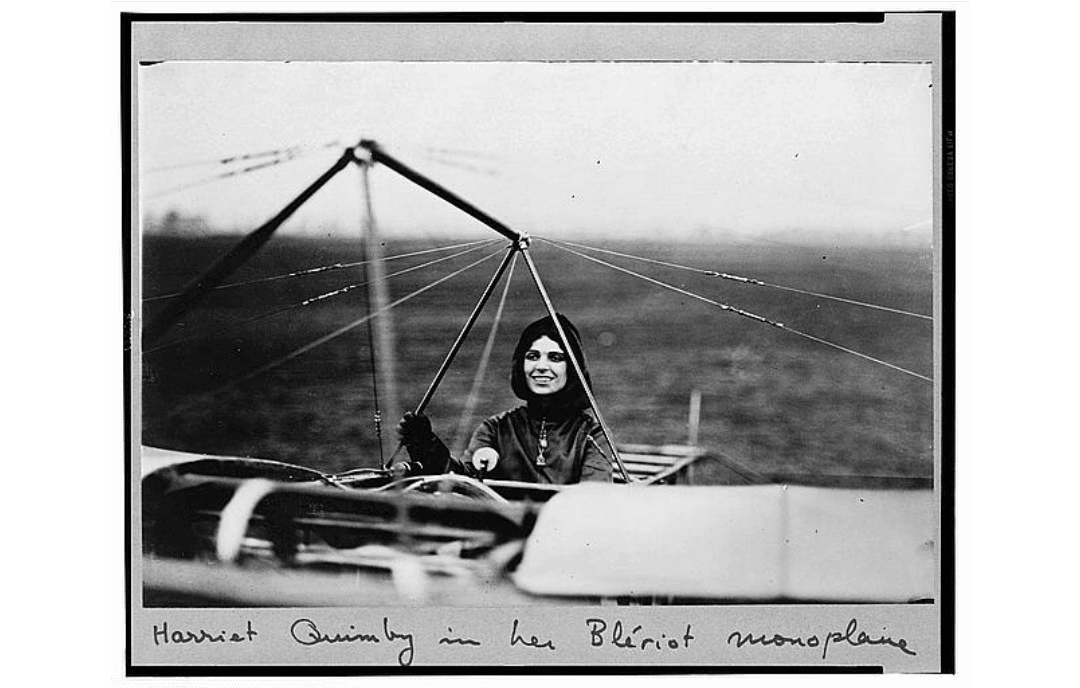The great classical scholar Edith Hamilton noted that the ancient Greeks frowned upon their Roman counterparts in regard to education. The former adopted public (government) schooling, while the Romans left education to the family in the home. The snooty Greeks thought that the Romans were backward and unsophisticated. The Romans, of course, conquered the Greeks.
For most of the five centuries of the Republic, Romans were schooled at home, where virtues of honor, character, and citizenship were emphasized. Not until the Republic’s last century or so did anything resembling government schooling emerge. Moreover, it was never so centralized, universal, and mandatory as it is in our society today. The English academic and cleric Teresa Morgan, in a 2020 paper titled “Assessment in Roman Education,” writes, “In no stage of its history did Rome ever legally require its people to be educated on any level.”






